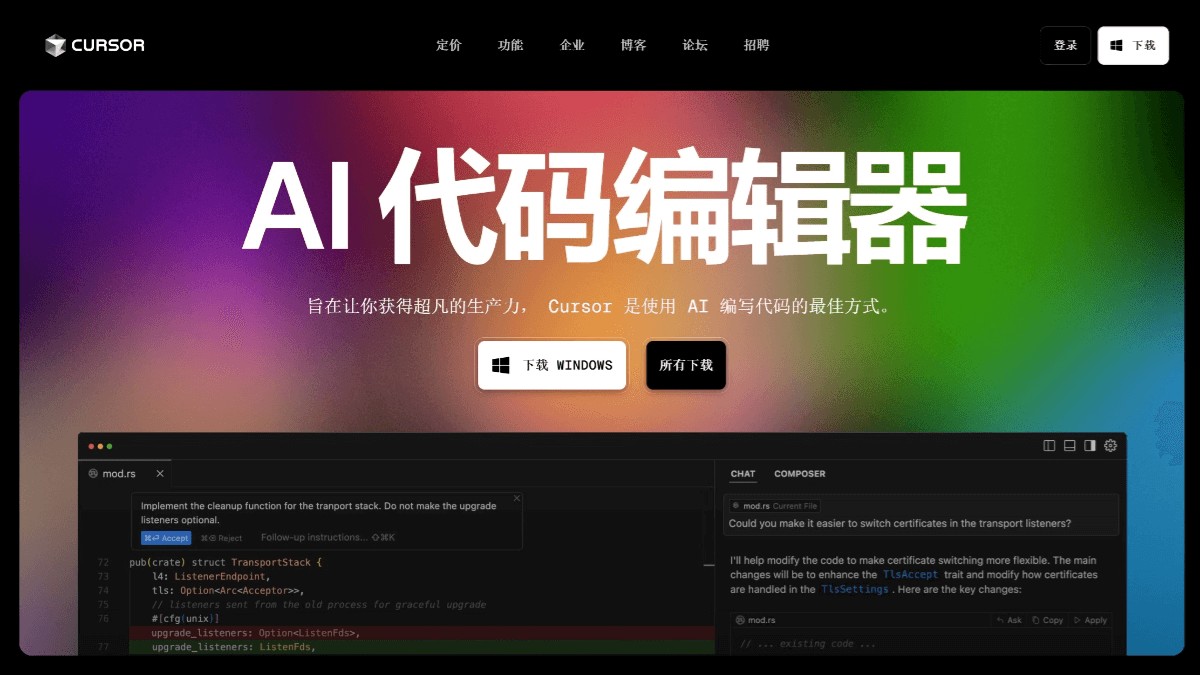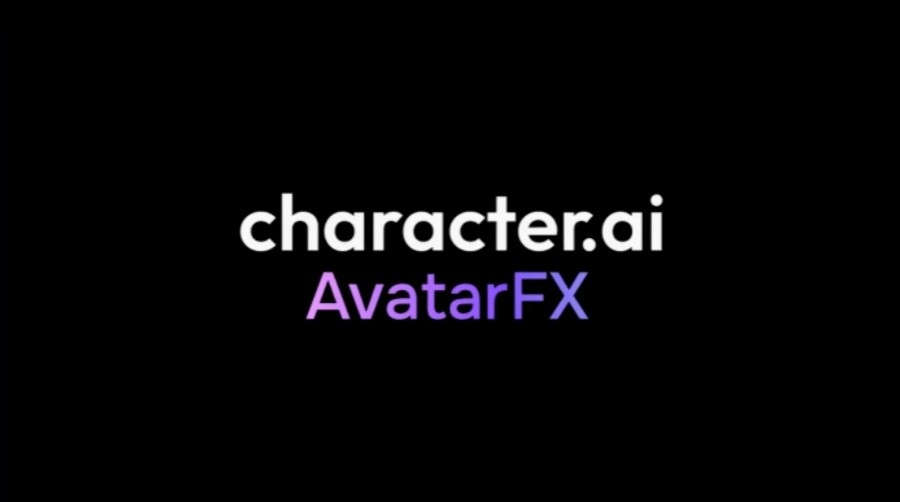The convergence of quantum computing (QC) and artificial intelligence (AI) is paving the way for transformative developments in technology. This breakthrough combination, known as quantum artificial intelligence, combines the immense computational power of quantum computing with the adaptive and problem-solving capabilities of artificial intelligence.

This won't be an incremental improvement, but a giant leap. Together, these two technologies have the potential to solve problems that even the most powerful conventional computers cannot solve.
Unlike classical computers, which use binary bits, quantum computers use qubits. This allows quantum computers to exist in multiple states simultaneously, using principles such as entanglement and superposition.

Intel Superconducting Quantum Chip
With a sufficient number of qubits, quantum computers could theoretically be millions of times faster than today's fastest microchip computers. Quantum computers can therefore solve complex problems, such as molecular simulations or optimization tasks, much more efficiently than classical systems.
If quantum artificial intelligence is poised to revolutionize industries and solve complex challenges, what's holding it back?
A key challenge is that current quantum computers have limited qubit capacity. This makes them unable to handle large data sets, which are the basis for artificial intelligence models. Overcoming this obstacle requires solving physical and engineering challenges, such as extending the retention time of quantum states, reducing noise interference, and improving qubit coherence.
Quantum computers also work very differently than traditional computers, making them difficult to use for developers accustomed to familiar programming languages. To make quantum computing more accessible, it is important to develop specialized algorithms and user-friendly tools.
Perhaps the bigger challenge in quantum artificial intelligence is error correction. Quantum computers are highly susceptible to errors due to the fragility of quantum states. Interferences such as temperature fluctuations and electromagnetic interference can cause qubits to lose coherence, leading to incorrect calculations and compromising the accuracy of the system.

To address these challenges, large tech companies like IBM and Microsoft, as well as new market entrants like IonQ and D-Wave Systems, are pushing the boundaries of quantum computing.
Google has launched AlphaQubit, an AI-powered decoder that can identify quantum computing errors with state-of-the-art accuracy. Published in a paper recently published in the journal Nature, this breakthrough technology is the result of a collaboration between Google DeepMind's machine learning (ML) expertise and Google Quantum AI's error correction knowledge.
AlphaQubit aims to solve the problem of error correction by combining multiple qubits into one logical qubit and performing periodic consistency checks. These checks help identify errors, which can then be corrected to preserve quantum information.

Google claims AlphaQubit can use neural networks to predict and correct errors. Based on data training from Google's Sycamore quantum processor, AlphaQubit outperforms previous decoders. According to Google, it can reduce errors by 6% compared to tensor network methods and 30% compared to correlation matching methods.
"We expect quantum computers to exceed current levels," said the Google DeepMind and Quantum Artificial Intelligence teams. "To understand how AlphaQubit might adapt to larger devices with lower error levels, we used data from simulated quantum systems with up to 241 qubits. It was trained on because this exceeded the data available on the Sycamore platform."
Likewise, AlphaQubit outperformed leading algorithmic decoders, suggesting that it will also be suitable for medium-sized quantum devices in the future. The system also demonstrates advanced capabilities, such as the ability to accept and report confidence levels for inputs and outputs.
Machine learning may be the solution to error correction in quantum artificial intelligence, allowing researchers to tackle other challenges that have yet to be overcome.

While it may still be several years before we fully realize the potential of quantum artificial intelligence systems, the foundations are being laid now. Businesses, individuals, and policymakers should start considering the potential impact of quantum AI on their fields.



